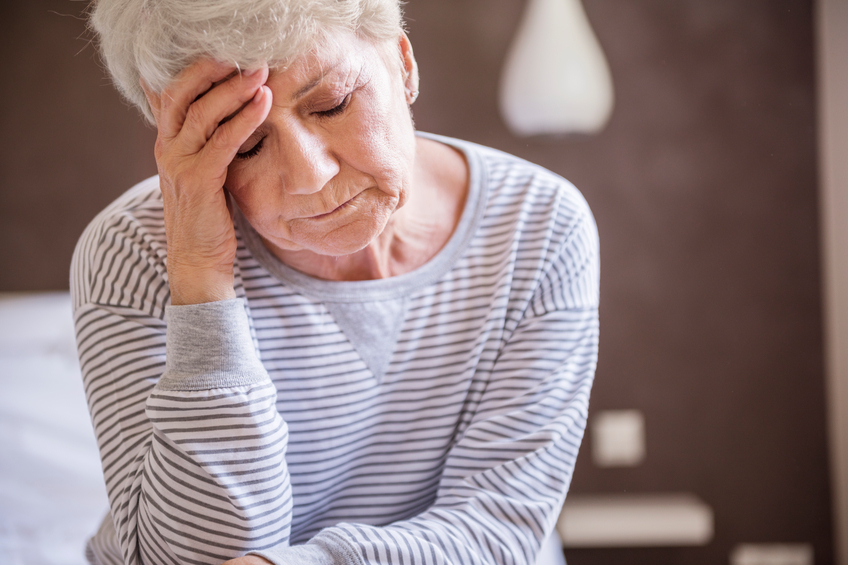
Partners of people with depression are more likely to suffer from chronic pain, a new study suggests.
Research led by Edinburgh University revealed chronic pain is caused partly by a person’s genetic make-up and partly by as-yet-unidentified risk factors that are shared by partners living in the same environment.
The team also identified significant overlaps between the risk factors for chronic pain and depression.
Chronic pain is a common cause of disability and scientists hope the research will help explain why some people suffer from the condition and not others.
The study used data from more than 100,000 people taking part in the Generation Scotland and UK Biobank projects – major studies investigating genetic links to health conditions.
The results of the collaboration with Dundee, Aberdeen and Glasgow universities are published in the latest edition of the journal PLOS Medicine.
Professor Andrew McIntosh, chair of biological psychiatry at Edinburgh University, said: “We hope our research will encourage people to think about the relationship between chronic pain and depression, and whether physical and mental illnesses are as separate as some believe.”
READ MORE
Breakthrough blood test for depression treatment
Pioneering brain surgery being developed by Scots doctors could help cure depression

Enjoy the convenience of having The Sunday Post delivered as a digital ePaper straight to your smartphone, tablet or computer.
Subscribe for only £5.49 a month and enjoy all the benefits of the printed paper as a digital replica.
Subscribe